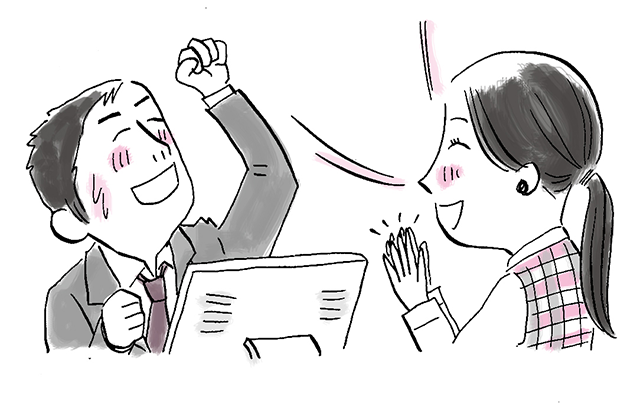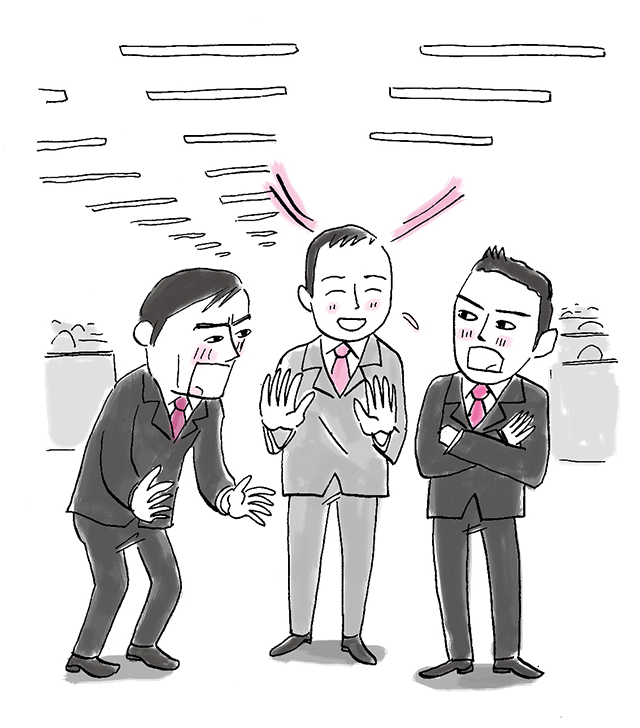Expressions Unique to Japanese Are Difficult to Translate

Most Japanese business emails begin with the following: くは次の言葉で始まります。“Osewa ni natte orimasu.” “Itsumo osewa ni natte orimasu.” Many emails end with the following expression: “Yoroshiku onegai itashimasu,” or “Kongo tomo yoroshiku onegai shimasu.”

You use the following expressions with those who are struggling with an issue, related perhaps to a job, study or sports.
“Ganbatte,” or “Ganbatte kudasai.” When they are finished, the following expression is used. “Otsukare sama,” or “Otsukaresama deshita.”
When your subordinate has completed a difficult task you might use the following expression: “Gokurousama.”
When you have a new project, you may say the following before announcing it to your customers: Otanoshimini”
There is an expression used when someone throws away something still usable, perhaps food. “Mottainai”
When a debate heats up, a third party often says the following words: “Maamaa,” or “Maamaa (calm down everybody).”
These expressions are really unique to Japanese, but are commonly used in daily life. It is hard to directly translate these expressions, and so each translation is adapted according to the situation.
